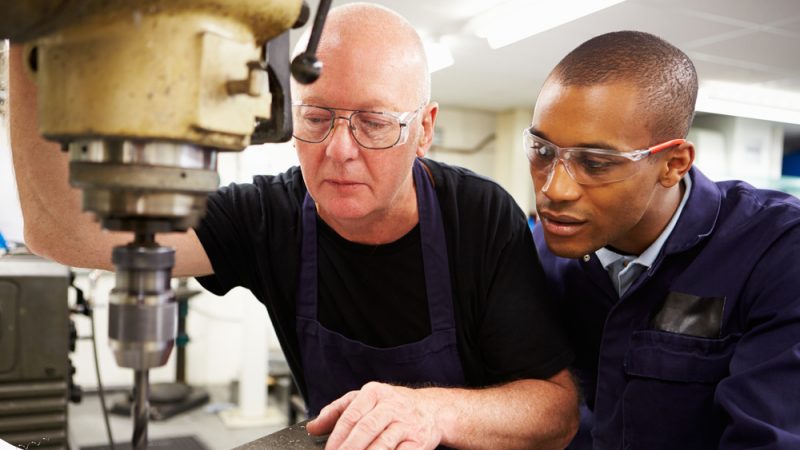The Urswick School – How we turned our bad reputation round
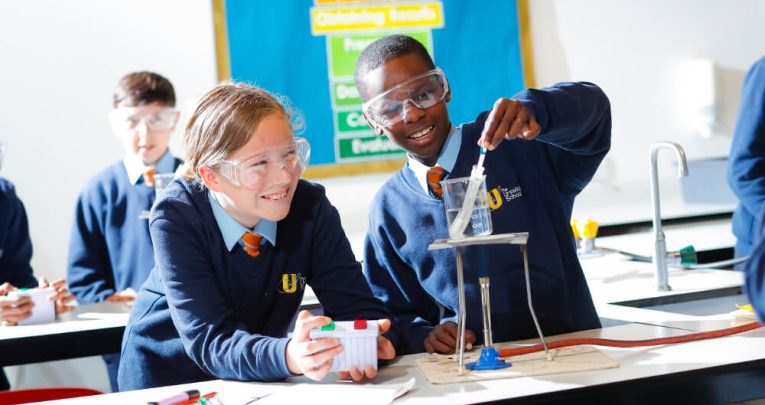
How one C of E school in Hackney overcame a troubled reputation by opening itself up and welcoming one and all…

- by Teach Secondary
- Magazine featuring expert advice, inspiring lesson plans and fresh insights

Arriving outside The Urswick School, a mixed secondary and sixth form in the London borough of Hackney, you immediately notice the sizeable windows and generous views they afford of the upper storey classrooms. As we’ll soon discover, there’s a reason for that.
The modern architecture belies the fact that this is a school with quite the heritage, able to trace its roots back several centuries to the founding of a free school in 1520 by the archdeacon and latterly Dean of Windsor, Christopher Urswick.
As one might expect, the school has some extensive anniversary celebrations planned for the year ahead.
No quick wins
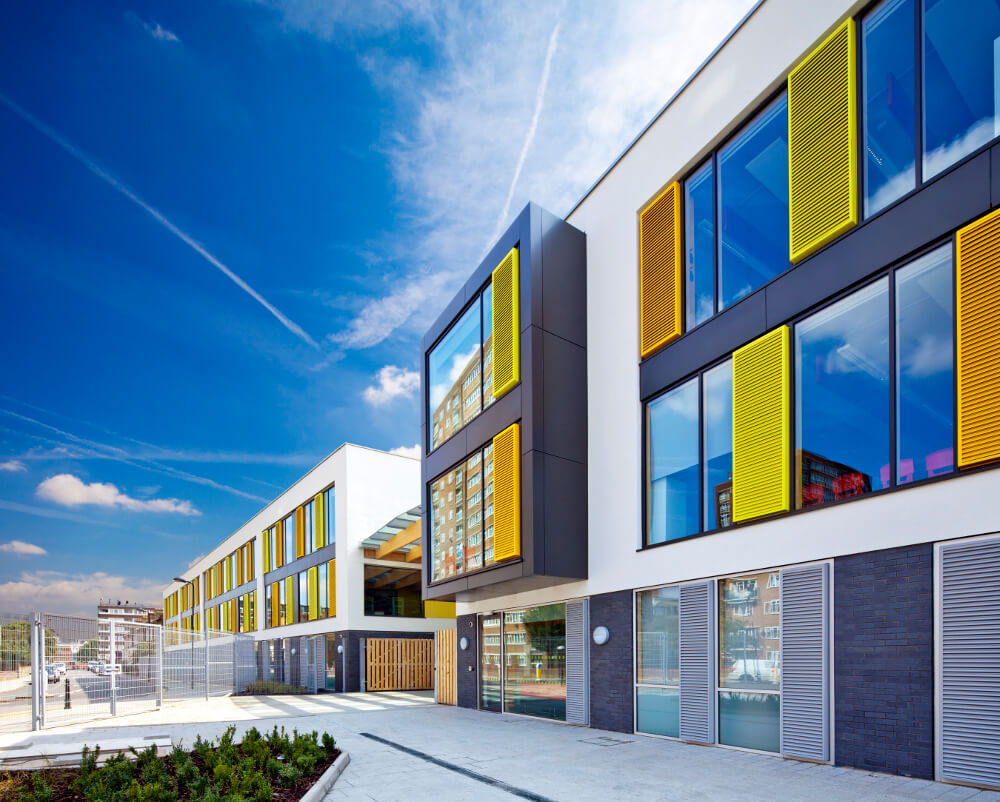
In its more recent history, the school has enjoyed somewhat mixed fortunes. At a point in the late 80s, it was labelled by both The Sun and The Evening Standard as ‘The worst school in Britain’.
Things have come a long way since then, however – not least with the arrival just over 12 years ago of the current headteacher, Richard Brown.
As he tells it, the school “Was in a pretty sorry state when I arrived. Its local reputation was poor, and only around a fifth of the kids were achieving the outcomes they needed to study A-Levels.
The building was deemed sufficiently bad enough to warrant a complete rebuild, so I was appointed knowing that we’d be getting a new building. I’d have been less confident about my ability to change the school without that.”
Early on in his headship, Brown oversaw a change of the school’s name, from Hackney Free and Parochial to The Urswick School. His other improvement measures, however, were characterised less by swift and sudden changes, and more by gradual, steady progress.

“Our kids are experts at steering clear of gang culture and gang affiliations. The ones who face the greatest challenges are those with older siblings, and sometimes even parents, who have been involved in organised crime and violence.
“Helping them in staying away from all of that is a real challenge for any school. My approach has always been to try and make things slightly better every year, rather than go in for some sort of revolutionary change,” he explains.
“I’ve certainly not gone for any so-called ‘quick fix wins,’ which always seem to unravel a few years later.”So where did this process of evolutionary change start – what were the priorities? “The most important thing was to address the kids’ behaviour,” Brown replies.
“When I first arrived I’d see colleagues walking down corridors almost with blinkers on, not wanting to see this antisocial behaviour surrounding them. Some teachers taught with their doors locked, as it was the only way to prevent the noise and chaos from intruding on what they were doing.”
Building behaviours
As Brown explains, the response he developed was partly an architectural one. “I became involved in the new building’s internal design, which is why here you’ll see glass everywhere. If a child is misbehaving in a classroom, we can look through a set of internal windows and see it.”
And the huge windows we saw on our arrival? “If you want to be a school that’s seen as outward facing and willing to welcome people in, let them see what’s going on inside.”

This commitment to transparency is plain to see during our tour of the school, the goings-on inside most classrooms indeed clearly visible from adjacent corridors.
Between the ever-present glass, a series of strategically positioned breakout spaces and generous corridor dimensions, there’s a real sense of spaciousness and light all throughout the school.
Along the way, we pass by an A-Level politics and government class – the school’s sixth form provision is still relatively young, having only commenced six years ago – an attentive drama class, an English lesson, a science lesson, and more unusually, a GCSE psychology lesson.
The breadth of The Urswick School’s subject provision seems impressive for a school of its size, extending as far as GCSE Mandarin.
Beside each classroom door is a further indicator of The Urswick School’s approach to behaviour and discipline – small signs illustrated with photographs of current students alongside messages reinforcing approved behaviours, and cartoon depictions of problematic behaviours to avoid.
Making our way through the school’s shared spaces, Brown describes to us the school’s ‘walkabout mentors’ – dedicated posts held by three non-teaching staff, whose roles involve day patrols, engaging with any students outside of the classrooms they’re supposed to be in, and endeavouring to return those students to class as soon as possible.
One previously worked in security team of a nearby sixth form college. Another used to help run a London-Turkish football team, while a third was based at a local boxing academy serving as an alternative provision setting.
“It’s a role that’s first and foremost about building behaviours with the kids, so that the kids will trust them,” says Brown. “If there’s a problem, the kids know they can approach them – but there are times when their role is to support teachers, particularly when youngsters aren’t doing what they’re told in classrooms.”
Refugees welcome
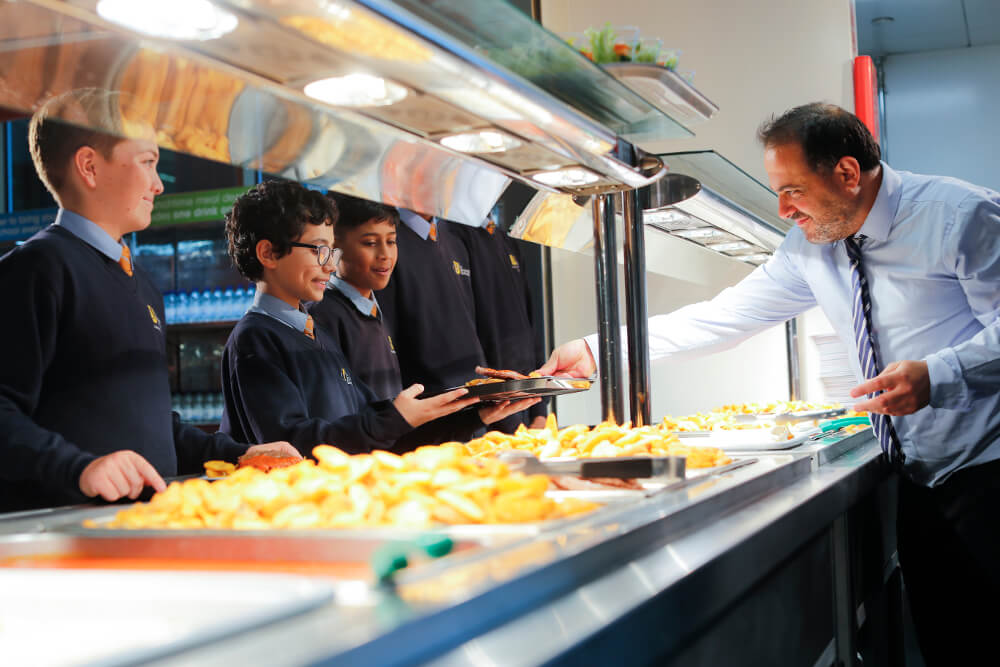
Describing itself as a ‘Christian school, but not just for Christians’, the school operates a four-band admissions policy. Students regularly attending a place of worship – of any religion – and looked after children are guaranteed a place.
The two remaining bands prioritise siblings, then distance. The school’s sole dedicated Christian space is a small chapel located on the top floor that’s used by prayer groups and the occasional RE lesson, attended to by a part-time chaplain.
Right beside the chapel’s entrance is a small display that includes the school’s Gold Award for Best Practice from the LGBT+ inclusion programme Educate & Celebrate, plus a ‘Refugees welcome’ poster – the latter initially spotted by Brown at his local dry cleaners and since placed around the school at his request.
Further down the corridor is a self-led multi-faith room where pupils conduct Muslim prayers.
Between its light, airy interiors, rigorously applied behaviour policies and multi-denominational, multicultural ethos, the school gives the impression of being a kind of sanctuary.
For a vivid illustration of that, look no further than the free lunches the school serves to every pupil (and staff too, if they eat in the cafeteria alongside the students; staff taking school food back to their classrooms and offices are required to pay).
The funding making this possible comes in part from a Pupil Premium level of over 70%, but also from the regular letting out of the school’s facilities to local community groups and the occasional TV production company.
Community struggles
As an inner city school in an area known for its high levels of deprivation, a number of the pupils currently attending The Urswick School have tough challenges to face beyond the school gates.
“This is a part of Hackney that hasn’t been gentrified,” says Brown. “There’s as much overcrowded housing as ever, and as many families without work as I’ve ever seen in my 12 years here. The struggles taking place in our community are much as they were when I first joined.”
Hackney’s secondary offering has at least improved considerably over the same period, with parents now able to send their children to one of a number of schools and academies.

Brown, however, has little time for the direction pursued by some schools in the name of raising standards and improving their reputation:
“It irritates me to see schools introduce stripy blazers and expensive uniforms, and put in place various hidden charges. I can’t help thinking that these sort of actions, sometimes combined with revised admissions policies, are designed to keep certain local people out, while inviting other local people in.”
As we finish up our meeting and prepare leave, Brown concludes with two questions that seem to encapsulate those concerns that take precedence at The Urswick School.
“What can we do to ensure our children have an outlook that extends beyond their immediate locality, particularly when their families may have multiple difficulties to deal with? Can we help the kids build up their cultural capital?”
Teacher voice

Siobhan Forde, Ex-student, head of Y7, teaches PE and ICT: “I just love Hackney. The kids here remind me of me when I was growing up, and I wanted to make a difference to these kind of kids, in this kind of school. And I really do feel I am.”

Martin Laird, Head of science: “Behaviour management is the most important thing – if the kids can’t behave, you can’t teach them anything. And Urswick has it right, both in terms of consistency, and in the way it does the celebration of positive things really well.”
Pupil voice
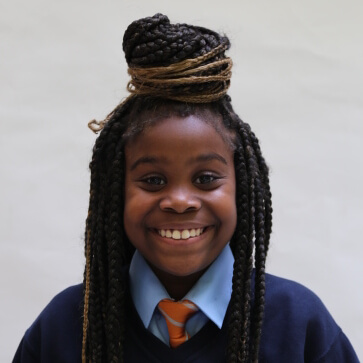
Mercedez Hoffstead, Y7: “I like the lessons, and the way the school runs. The rules are simple, and straightforward, and the teachers are fair and firm. It’s really … settled.”
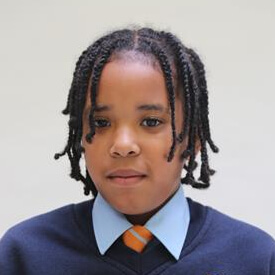
Kymari Tuitt-Hinds, Y8: “I felt safe here from the start. All the teachers help you, plus the Y11s – they help, too.”
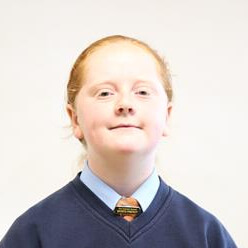
Sherrie Aguis, Y9: “PE is my favourite subject – I’m a sports prefect – and there are very good opportunities for girls here. For example, we go to the Arsenal stadium to train and play football matches.”
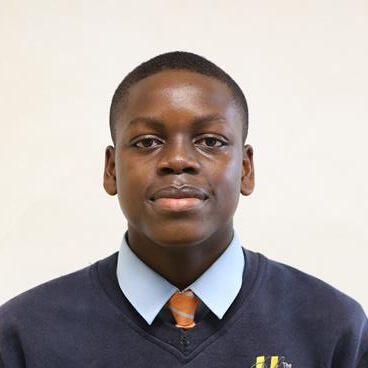
Orobosa Okundia Best, Y10: “Urswick is very diverse, with different cultures. It’s a Christian school, but it’s not just for Christians – the teachers are always available to help you with your studies and everyone is very friendly. Next year, I’m going to South Africa, to try and understand what life is like for the people there, and I’m a student ambassador in our local community, too.”
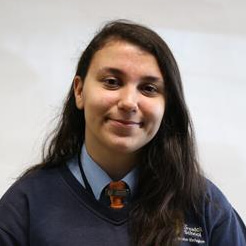
Sudenaz Top, Y11: “There’s a culture of respect. If you’re in a good relationship with the teacher, then you’ll most likely be respectful towards them, and you get respect back. It’s common sense; it’s the golden rule.”








